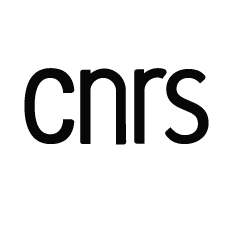Reasons for Logic, Logic for Reasons : Logical Expressivism and Semantic Inferentialism
WorkshopWorkshop:
Titre: Reasons for Logic, Logic for Reasons: Logical Expressivism and Semantic Inferentialism
Abstract : This talk presents original work that is part of a larger joint project with Robert Brandom and Ulf Hlobil. That larger project investigates the relationship between reasoning, logic, and linguistic practice. According to the orthodox view, logic precedes good reasoning. That is, good reasoning is good, precisely because it is logical (can be reduced to or shown to approximate logically good inference). The practice of reasoning and argumentation is downstream still from these. We argue that this is precisely backwards. Reasoning must be understood in terms of practices of giving and asking for reasons (principally material reasons) and logic must be understood as a tool for making the reasoning that emerges from that practice explicit (for practitioners to use). The first connection is best understood according to the thesis of semantic inferentialism: meaning is determined according to use in good inference. The latter connection is best understood according to the thesis of logical expressivism: the role of logical vocabulary is to make explicit the essential features of the meaning: the role that something plays in implication and incompatibility.
This talk puts forward a logical framework for exploring these two ideas. I introduce a sequent calculus which allows to precisify what logical expressivism requires. I then show that the sequent calculus meets these requirements. Along the way I prove a powerful representation theorem (expressive completeness result) for the system. The system, as it turns out, involves the familiar G3cp/Ketonen style sequent rules.
Next, I show how the system might be further developed to satisfy the desires of semantic inferentialists. In particular, I show how a familiar condition makes the system supra-classical (and that this feature plays an additional, philosophically significant role for semantic inferentialists). I also show how the features of logic which are discarded by semantic inferentialists (structural rules of inference such as monotonicity, transitivity, etc.) can be recaptured by simple sequent rules, vindicating the aim of semantic inferentialists.
zoom : https://univ-lille-fr.zoom.us/j/91434696114?pwd=WVZJSzRJUzNEVitYUmpzK2FrUm11dz09
Si vous voulez participer au workshop merci de contacter sequoya.yiaueki
